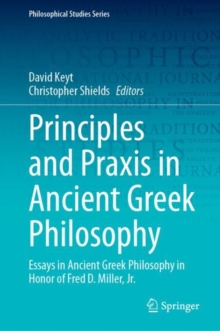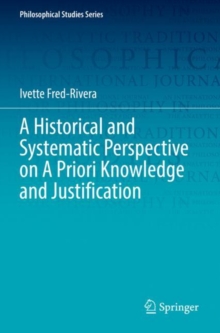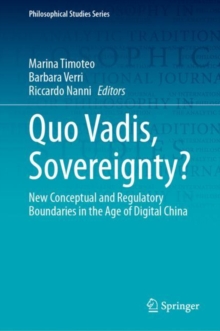
Doing the Best We Can : An Essay in Informal Deontic Logic PDF
by Fred Feldman
Part of the Philosophical Studies Series series
Description
Several years ago I came across a marvelous little paper in which Hector-Neri Castaneda shows that standard versions of act utilitarian- l ism are formally incoherent.
I was intrigued by his argument. It had long seemed to me that I had a firm grasp on act utilitarianism.
Indeed, it had often seemed to me that it was the clearest and most attractive of normative theories.
Yet here was a simple and relatively uncontrover- sial argument that showed, with only some trivial assumptions, that the doctrine is virtually unintelligible.
The gist of Castaneda's argument is this: suppose we understand act utilitarianism to be the view that an act is obligatory if and only if its utility exceeds that of each alternative.
Suppose it is obligatory for a certain person to perform an act with two parts - we can call it 'A & B'.
Then, obviously enough, it is also obligatory for this person to perform the parts, A and B.
If act utilitarianism were true, we appar- ently could infer that the utility of A & B is higher than that of A, and higher than that of B (because A & B is obligatory, and the other acts are alternatives to A & B).
Information
-
Download - Immediately Available
- Format:PDF
- Publisher:Springer Netherlands
- Publication Date:06/12/2012
- Category:
- ISBN:9789400945708
Information
-
Download - Immediately Available
- Format:PDF
- Publisher:Springer Netherlands
- Publication Date:06/12/2012
- Category:
- ISBN:9789400945708










